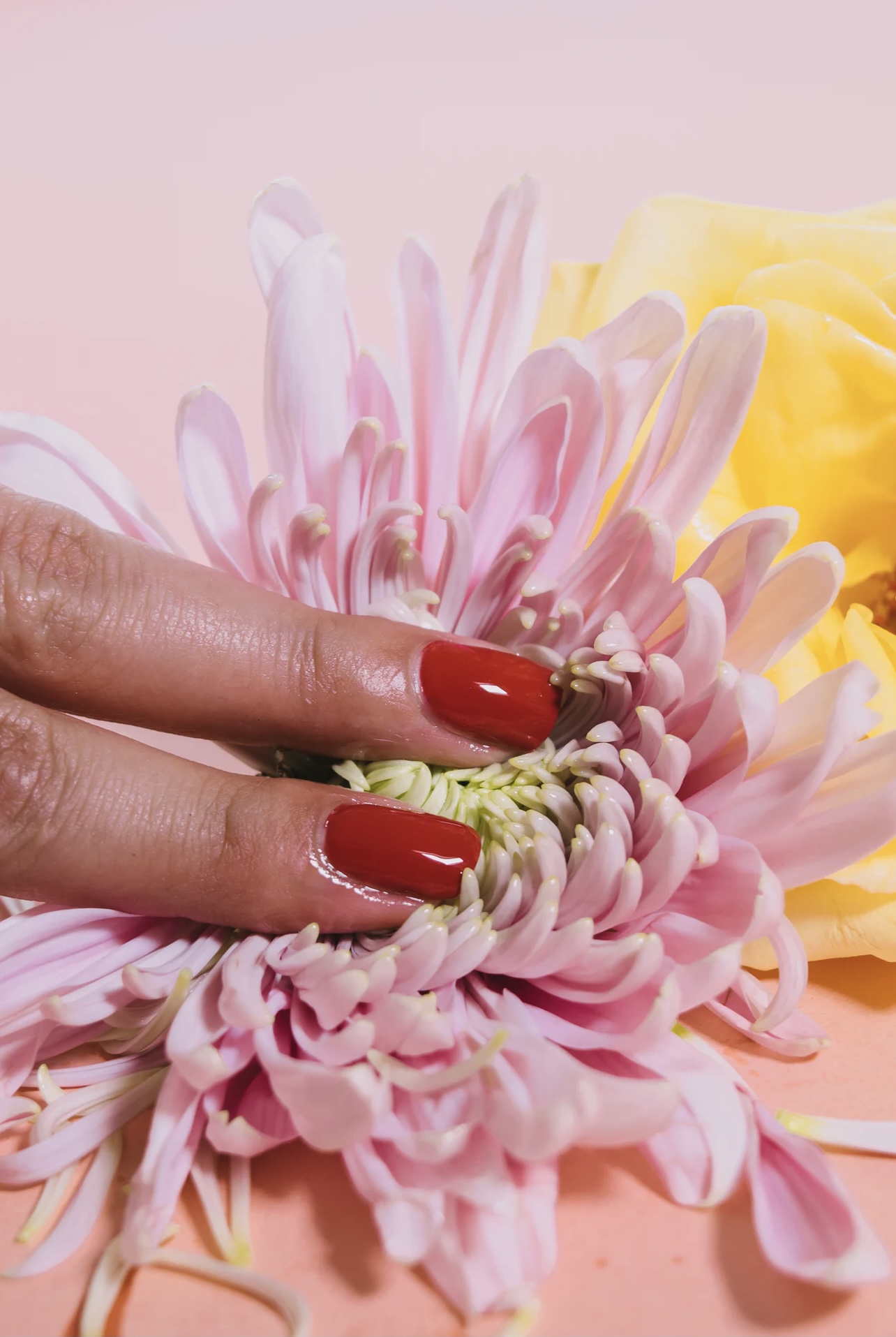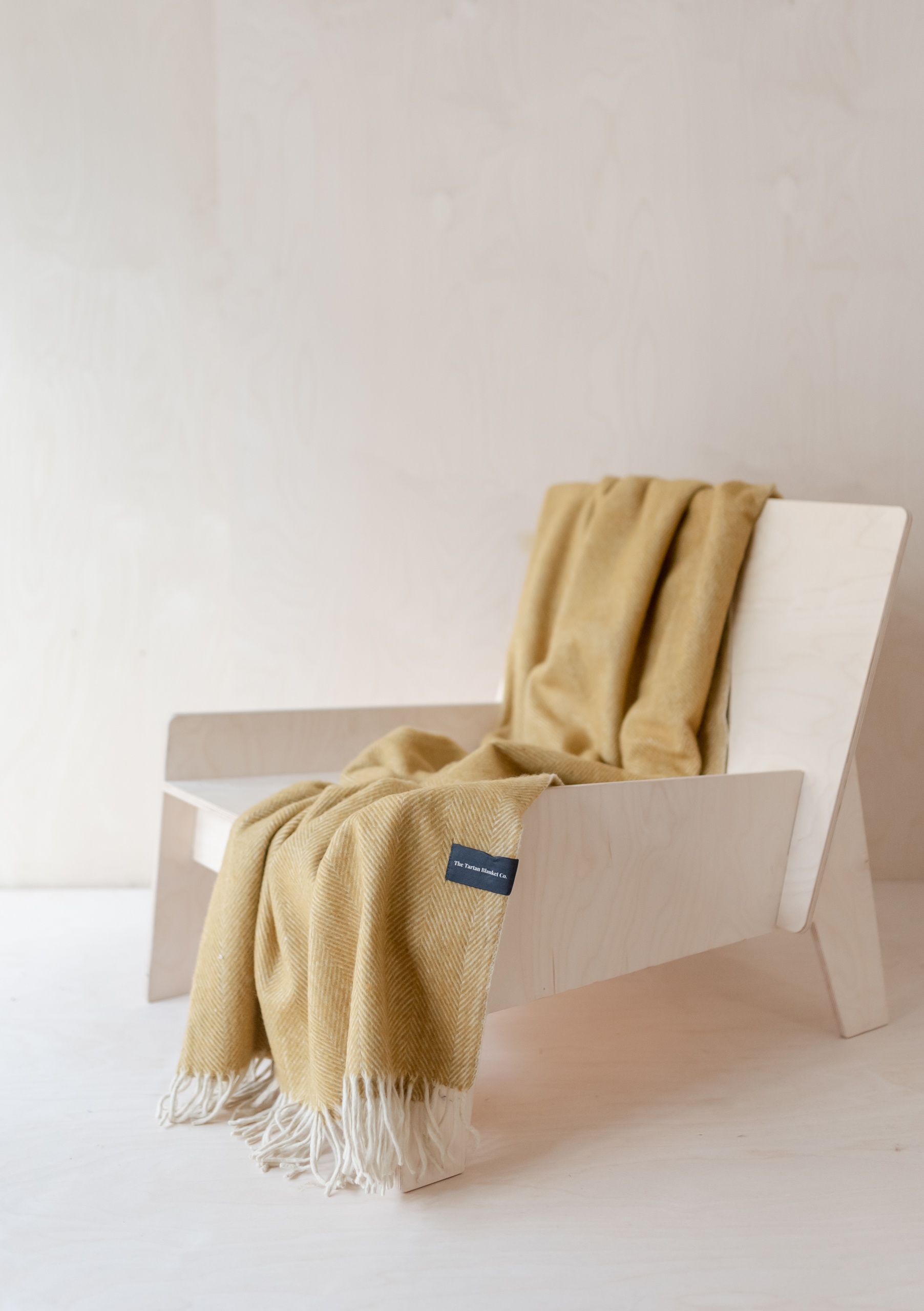
Everything you need to know about female anatomy
 Sex education has come a long way in recent years, but new research has revealed that women still don’t know enough about their own anatomy.
Sex education has come a long way in recent years, but new research has revealed that women still don’t know enough about their own anatomy.
A study conducted by Brook, a sexual health charity, alongside Canesten, showed that 75% of women aged 18-24 didn’t learn about vulvas (the outer part of female genitals) in school.
But it’s not for a lack of interest, as 81% believe education should focus more on vulvas and vaginas (the canal).
Other topics that weren’t explored enough included masturbation, with over half of participants saying there was little to no discourse around self-pleasure, as well as periods, orgasms and discharge.
Kate Moyle, a psychotherapist who specialises in sex and relationships, explains why it’s important that the curriculum feature more extensive information.
“Sex education isn’t integrated into our lives like other aspects of health and wellbeing, and although we might see sexualised images in adverts on the side of the bus, for many of us, talking about sex openly still feels challenging,” Kate said.
“Much of our education comes from parents and teachers, who also didn’t have access to the right information.
“I wholeheartedly believe that if sex education was different and we equipped parents (remember, they find these conversations and topics hard and embarrassing too) that a lot less people would struggle with conversations about sex.”
In an effort to help young girls and women, Brook and Canesten have launched Love Your Vulva – an online platform to act as a supplementary education for women, at least until schools catch up.
It tackles tough questions such as ‘is my vulva normal?’ and encourages people to explore their bodies in a healthy way, lifting the taboo on masturbation, climax and female bodies.
Additionally, it will showcase physical struggles and health conditions that are often shrouded in shame, because people don’t talk about them openly.
Kate said: “The underlying theme of almost all my work as a psychosexual therapist relates to sex and anxiety and shame.
“I work particularly with women in their twenties and thirties who are struggling with conditions like vaginismus and vulvodynia; and many women who have negative relationships with their bodies which impacts how they feel about being naked or sexual with themselves or another person.
“A lot of these women’s challenges are rooted in their past, and it’s not uncommon for me to hear women refer back to problems they had with their periods, infections or UTIs which they were too embarrassed to ask anyone about.”
Fancy learning more about your anatomy?
Visit Love Your Vulva: https://love-your-vulva.brook.org.uk/



